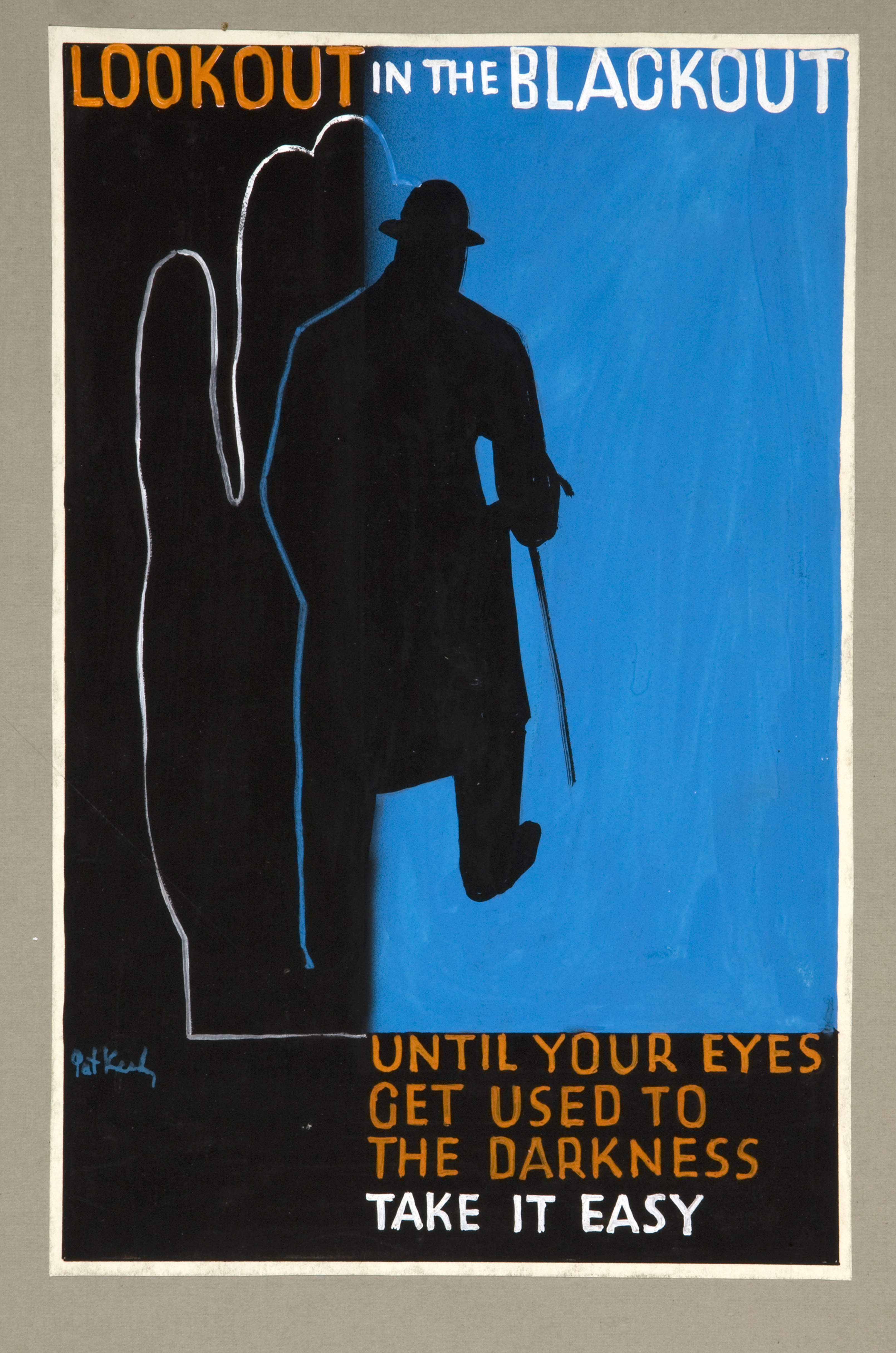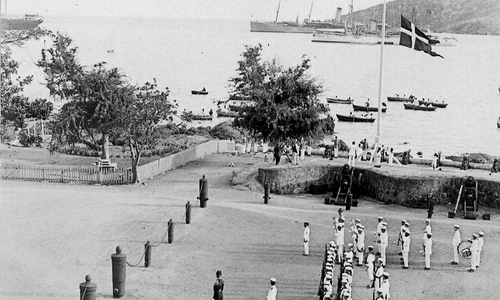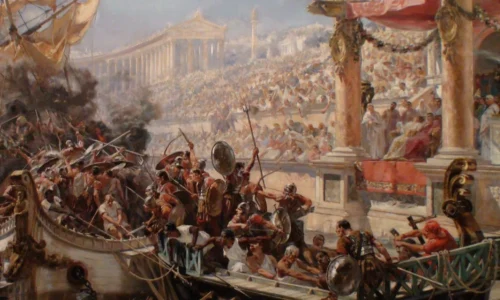
How did the Second World War affect the British Society?
The Second World War was for the Brits a very important turning point. A cornerstone in how the public and its elite perceived the future of the British Isles as a country and political regime. WW2 was the moment of utmost importance which brought people belonging to all classes – the home front – together. They had a common purpose and that was to support their fellow countrymen who were on the front defending them and their liberal beliefs. Yet, this maybe simple act of supporting the army and the extraordinary one of being seemingly unaffected by the Nazi-unleashed Blitz had long term effects. Everybody knew that when the war ended, nothing was going to be the same. Politically as well as socially.
During the war, the Brits lived with the everyday fear of experiencing a violent death at every single moment. In turn, this caused the authorities to demand that all the house and street lights be turned off at night. In November 1939, a poll of the 1937-founded organization Mass Observation found that the so called blackout was the single most hated inconvenient of war.

Thus, the Londoners were unable to celebrate Guy Fawkes Night(Bonfire Night) and to decorate the capital with festive lights.Besides this, people were afraid of being robbed (however, thieves avoided breaking into houses during the blackout because they had no idea whether people left them or still live there), women of being raped and when the winter set in, everybodysuffered psychologically, because they had to reduce their already very restricted social activity. Yet, they did not give up. Since the Government suppressed BBC’s TV broadcast, the English chose to listen to the radio. It was a very a very cheap alternative of going out which eased the psychological discomfort of living in complete darkness after dusk set in.
“There is no panic, no fear, no despair in London Town…London can take it”
The Spirit of the Blitz-Quentin Reynolds, American columnist, Colliers Weekly Magazine
Although the war brought jobs for only 1, 9 million women (in 1943, 6, 7 million of women had a job and 1939 – 4, 8), it very much affected the way people perceived societal roles:it meant that women had to take on jobs previously considered to be only for men. Women could be considered for positions such as engineers or in metallurgical, chemical and transport fields. Never again were women put in the position of giving up their new found independence and freedom. Although it still persisted in spirit, crass discrimination was no longer possible and employers had to take on women for jobs previously only assigned to men.

So, even though the WW2 could have effectively destroyed the British society and its entire political existence, it actually transformed it into something new. The experience of war very much changed how the people perceived the state and its involvement in their lives. If, in the beginning, the Government followed the pattern of the classical liberal state, during the war, it had to have a more hands-on approach. And this meant evolutions which were against the very liberal traditions of the British Empire such as the compulsory military service or against what it was thought as normal – for instance, women being viewed as the only ones to take care of children and the household.
The Battle of Britain is about to begin-We shall fight with growing confidence and growing strength in the air, we shall defend our Island, whatever the cost may be. We shall fight on the beaches, we shall fight on the landing grounds, we shall fight in the fields and in the streets, we shall fight in the hills;we shall never surrender!
Prime Minister Winston Churchill, June, 4th, 1940

However, the morale of the population was very high and even when defeat was visible – such as the one at Dunkirk – they not give up believing that they get through it. No matter how high the price for winning over Hitler, the Brits would pay it and the authorities had to pay it too. They had to change policies and integrate those who were ignored until then, but had an important input whereas the war effort was concerned. Prime Minister Churchill tried to prohibit every discussion concerning the future of the country, but he was unable to control people’s minds. And everybody knew that at the end of the Second World War, there will be a new Great Britain. And it was in more than one way:London gradually lost its empire and the English state was made up of only the British Isles while it also became a welfare state. The society was somehow rewarded for the big input it had in winning the battle against the Nazi totalitarianism and all the deprivations that it suffered during the war.
“Our working men and women have respondedmagnificently to any and every call made upon them. Their rewardmust be a New Britain. Never again must the unemployed become theforgotten men of peace”
First Lord of the Admiralty, Albert Alexander















